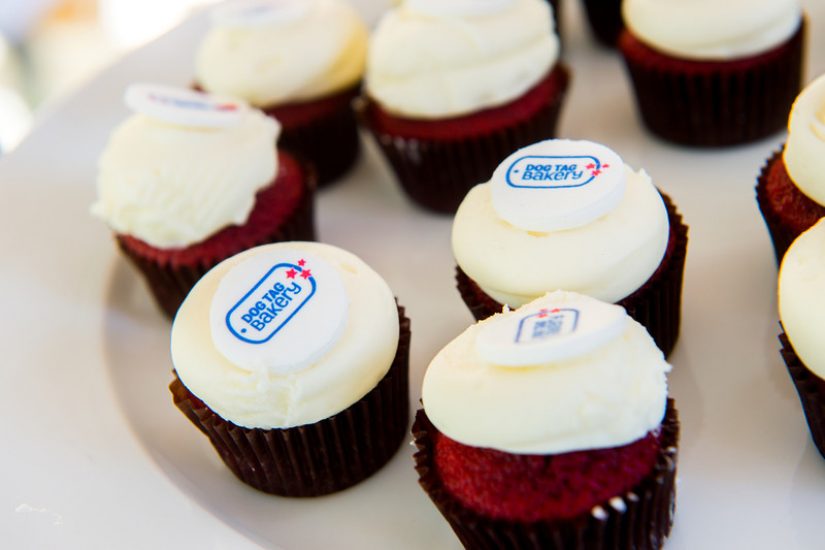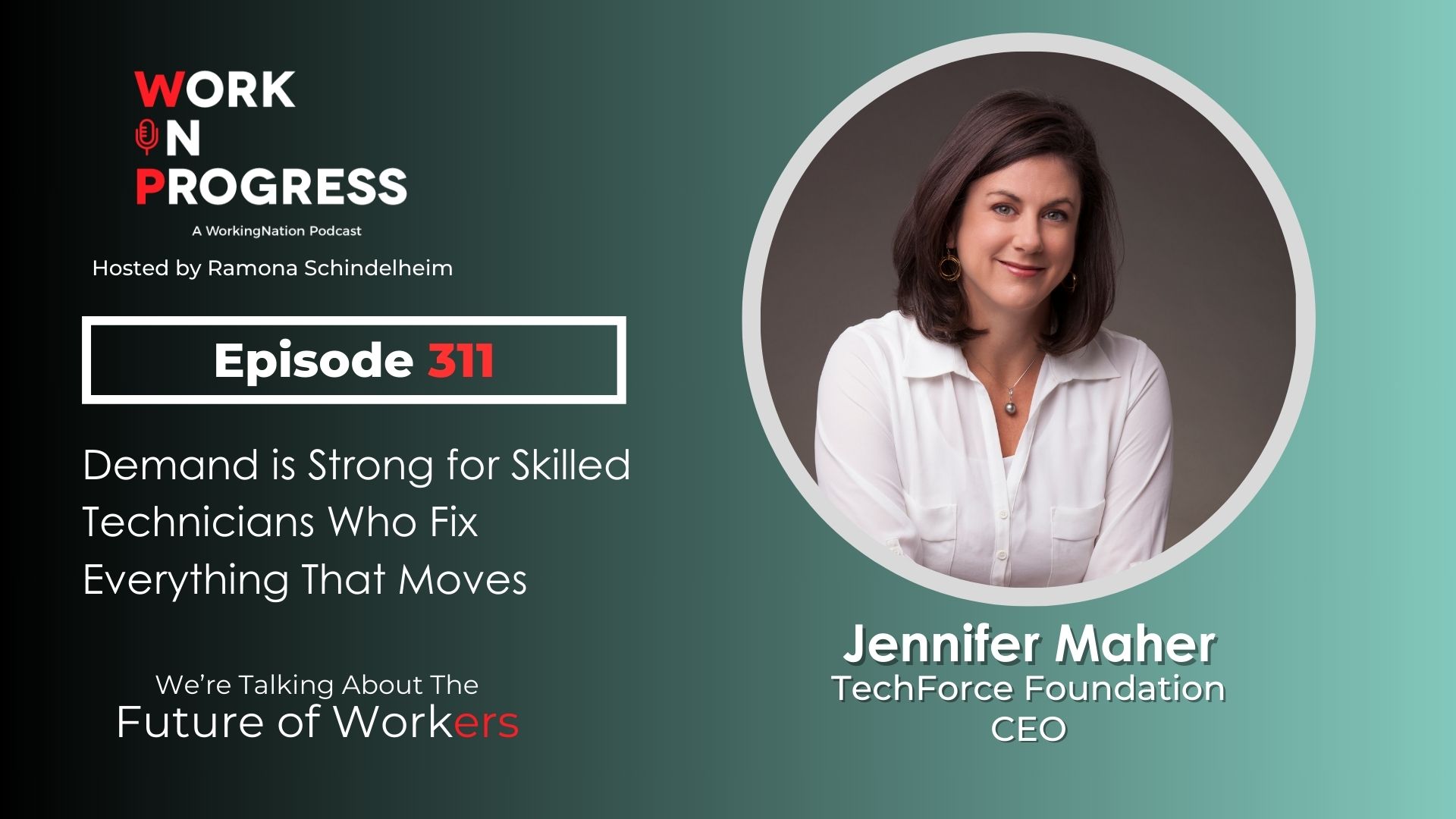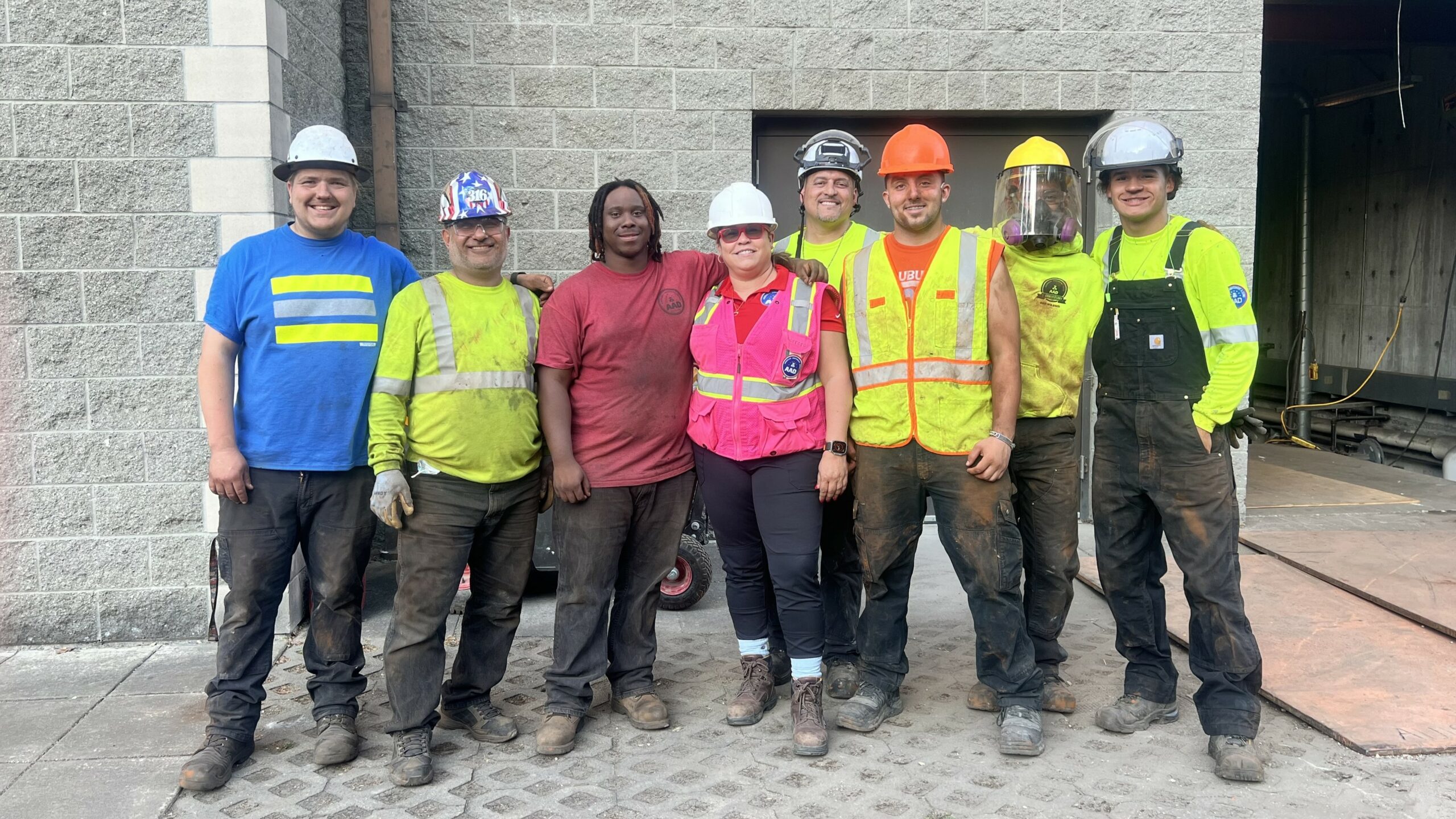A Washington, D.C.-based nonprofit is helping service-disabled veterans transition back into civilian life through a training program based on the conviction that “no veteran, military spouse, or caregiver who wants to work and pursue their career goals should be unemployed.” The goal is prepare the veterans and those that support them prepare for civilian cares and possible entrepreneurship.
For the past six years, the Dog Tag fellowship has centered around education, learning labs, professional workshops, wellness teaching, and small business workshops, with fellows playing a part in every aspect of the nonprofit’s business.

During a typical five-month fellowship, participants are offered an education at Georgetown University, as well as actual work experience at the nonprofit’s very popular Georgetown bakery, Dog Tag Bakery.
Due to COVID-19, the fellowship has made adjustments by making the program fully online for the current cohort. While there is no dining-in service at this time, customers can still get their baked goods via curbside pickup.
Hands-On Experience Matters
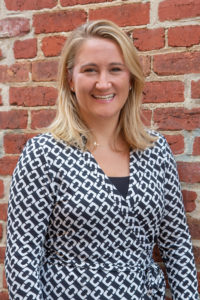
“We realize that people, and especially adults, are experiential learners. So, what we do is we use our whole organization,” CEO Meghan Ogilvie tells WorkingNation.
“For over 20 weeks, our fellows go through everything from understanding how to prospect donors and funders, how to write grants, to then also how do you communicate? It’s everything from social media to our website to newsletters.”
“They work with our Director of Finance and Strategy to learn profit and loss statements.They go through an accounting course through Georgetown, using the Dog Tag’s budget.The bakery really becomes this living business school in the sense that they are understanding the different operations and demands of running a business.”
Upon completion, participants receive a certificate of Business Administration from the Georgetown University School of Continuing Studies.
Life Lessons: From Military to Civilian Careers
Ogilvie says there are nine to 12 hours a week of learning labs, an opportunity to work through some of the issues caused by the transition back into civilian life.
“Some of the biggest issues that you are seeing with the veteran population and military family is really this isolation and lack of community. When you’re getting into the military, it’s a very black and white world and very community-based. And now you’re a civilian living in a different neighborhood than you were before. New neighbors, new everything. How do you go out there and start understanding the job opportunities? Or what is the community that can support you and your family?”
“So, we’ll bring in corporations like Deloitte, Boeing, PwC, Nestle, they’re all local here, and they come and do professional development. Everything from thinking about strategic initiatives to business chemistry to traditional marketing boot camps. We also bring in professional coaches that come in and help sit with our fellows to think about where you want to go tomorrow.”
“We have a whole course called Finding Your Voice,” Ogilvie says. “The ability to learn your own personal narrative, the power of that narrative, and making sure no one else tells it for you. Recognizing that service is part of who you are, but it’s not everything. And recognizing that you have a story to tell.”

Ogilvie notes that to date, with a 92 percent graduation rate, there are 108 alumni of the program. She adds there is also a ripple effect of people giving back to the community.
“We have a graduate that started a nonprofit farm. He has a beautiful farm and grows tons of produce and vegetables and legumes and then gives it to veterans and families in need. We have a military caregiver that is starting a for-profit business called Organized Q where she’s a virtual assistant. She’s hiring other military spouses that can become virtual assistants for local businesses,” according to Ogilvie.
“We have those who have gone into culinary. We have those that have gone back to school and started a Master’s or executive MBA program. So, we really see the impact, and we want to make sure that it’s very high touch and deliberate with intention.”
One Graduate’s Story
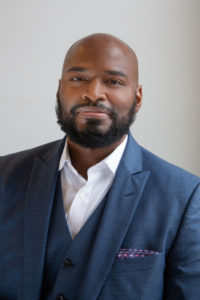
Jermaine White, 43, is a graduate of the Dog Tag program. A 21-year Navy veteran, the former Chief Petty Officer and Information Systems Technician, picked up a flyer for the fellowship after a transitioning class.
He didn’t think much of it at the time and filed it away. Later, following a business setback, he was going through his files and “lo and behold, the little flyer from Dog Tag fell out.” White applied for the program and was accepted.
“That experience has been far beyond just going there and getting my certificate in Business Administration. I made some wonderful friends, kind of opened my network up. I connected with a lot of people, and it’s kind of opened doors to other opportunities that I otherwise probably wouldn’t have.”
White says the Dog Tag fellowship helped him overcome his discomfort speaking about himself and what he brings to the table professionally.
“In the military, it’s all about the team. And when I got out, I had a tough time trying to say, ‘Okay, this is why you should hire me. This what I bring to the table.’ The program really, really helped me to do that. It made me a lot more comfortable to get up in front of total strangers and speak about what I did and not feel like there’s something wrong with that.”
After his experience with Dog Tag, White received his Bachelor’s degree in Cybersecurity Studies at the University of Maryland Global Campus. He’s presently working on building a client base for his own cybersecurity company.
“I think with Dog Tag, definitely all the stuff that I’ve learned has given me greater confidence in pursuing my own business. I can’t say enough positive things about the Dog Tag program. I wish more folks knew about this program.”
NOTE: Dog Tag says it is their goal that the Summer 2020 cohort of fellows begin as scheduled on July 7, 2020. “We are monitoring the current situation with COVID-19, and will make adjustments where needed, keeping the health and safety of our staff and potential fellows in mind at all times,” according to the nonprofit’s website.
READ MORE STORIES ABOUT VETERANS AND WORK IN OUR SPECIAL SECTION HERE.

